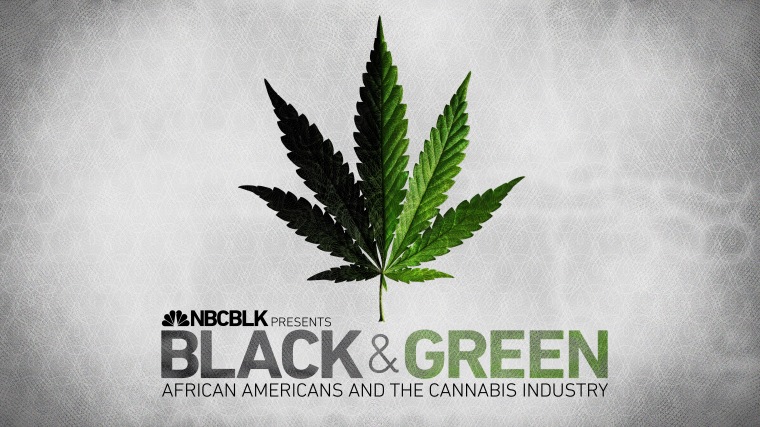As more states begin to legalize cannabis, there are more opportunities than ever to become a 'potrepreneur'—drug money is no longer dirty money. If getting rich by rolling up is no longer restricted to underground drug lords, why is it that the people who are disproportionately affected by the war on drugs are not the ones benefiting from the economics of legalization?
This is the first of four parts of an NBCBLK series called 'Black & Green,' stories exploring different aspects of African American presence and lack thereof in the legal marijuana industry. In this first part, NBCBLK takes a look at six reasons it can be challenging for African Americans to enter the legal marijuana business. Read the rest of the series here:
Part II: Capitalizing On Cannabis: Meet Colorado's Black 'Potrepreneurs'
Part III: Black & Green: African American Investment in the Marijuana Marketplace
Part IV: Despite Legalization, Blacks ‘Just Saying No’ to Marijuana Industry
“At the end of the day, it boils back down to money and influence.”
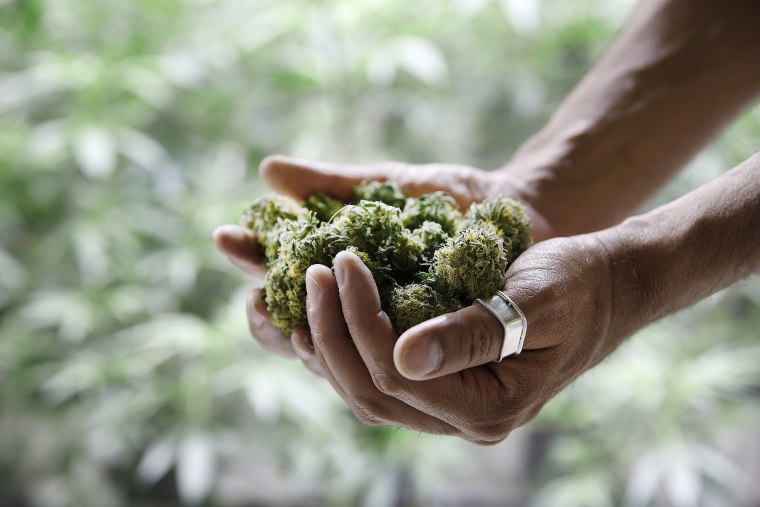
1. Money, Power, Respect
The Application Process. Getting a license to sell cannabis requires a lot of experience applying for government licenses and dealing with government regulators.
“When you’re looking at the way that [marijuana] businesses are being licensed and rolled out in various states, the process is not overwhelmingly transparent and open, nor is the process easy to navigate.” Dr. Malik Burnett, a policy manager at the Drug Policy Alliance told NBC News.
According to Dr. Burnett, unless you are business savvy enough to navigate the politicized application process by being connected with the legal representation or having elevated relationships with local politicians, the licensing process can become very hard to navigate.
“You have to have a well-established political relationship with the people who are writing the rules,” Burnett said. “You either have the relationships yourself or you can pay lobbyists to develop the relationships for you. At the end of the day, it boils back down to money and influence.”
“It’s particularly invasive given the fact that enforcement of marijuana laws have historically been biased against people of color.”
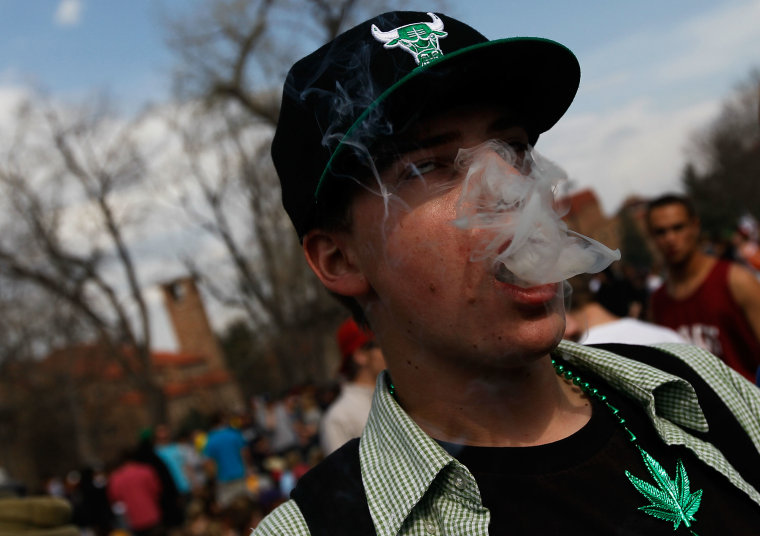
2. This Will Go Down on Your Permanent Record
Because I Got High. Many states will not let you apply for a cannabis license if you have had a misdemeanor or arrest for possession of any drug including marijuana.
“It’s tougher for folks who have a criminal record connected to the war on drugs to apply for a license,” according to “Weed the People” author Bruce Barcott.
For example, Washington State has a scoring system to assess if you have had a run in with the law in the past. Anyone with eight points or more (a misdemeanor is worth four points) is unlikely to move ahead in the application process for a marijuana license.
Barcott points out that Washington State did stipulate that they would only conduct a three to ten year look into a person’s record, depending on the severity of the crime, for applicants so as not to prevent people from never being able to apply for a cannabis license.
Dr. Malik Burnett calls this rule automatically discriminatory against people of color.
“We at the Drug Policy Alliance have been pushing back against provisions that prevent people with previous criminal records as it relates to marijuana from participating in the space,” he said. “It’s particularly invasive given fact that enforcement of marijuana laws have historically been biased against people of color.”
“In some states you have to have a performance bond of one million dollars just sitting in an account.”
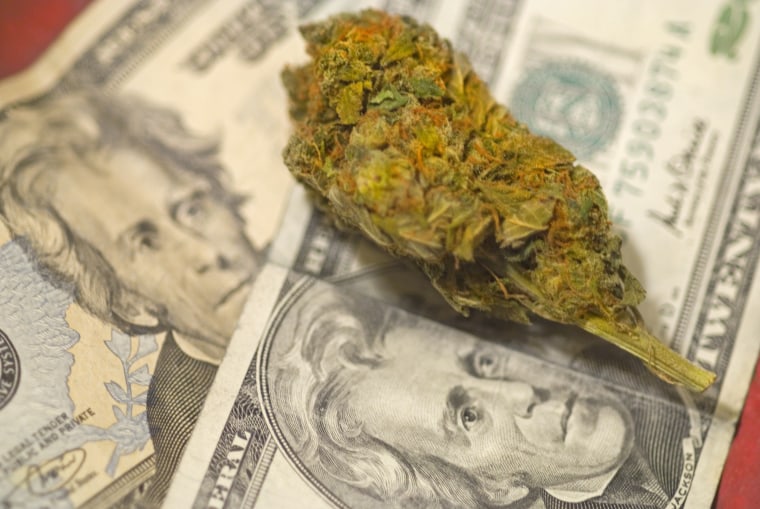
3. Cash Rules Everything Around Me
No Money, Mo' Problems… On top of high licensing fees those looking to enter the cannabis market need to have access to a significant level of additional funds.
“There’s the endemic, quiet, institutional racism that exists in all other forms of business as well, such as access to investment capital,” Barcott points out.
In a normal business environment an entrepreneur is able to take out a loan to start up their business, they are then able to generate profit and pay back the loan over time. However, according to Dr. Burnett, what we think of as ‘regular access’ to banking differs when you are looking to start a marijuana business.
“You can’t get normal loans and seed money to be able to participate in the cannabis industry, so you have to rely on angel investors and groups that can give you the money—that’s where you get the subtle but real barriers of entry for people of color,” he said.
Dr. Burnett also points out that a number of states require liquid non-working assets to be granted a license. “In some states you have to have a performance bond of one million dollars just sitting in an account, available in the event the state wants to make a claim against you for not following the rules,” he said.
“That amount of money, when you can’t even use it towards building your business, is a barrier to entry that many people, particularly minorities, can’t meet.”
“I imagine in some of the southern states… the laws will also be the most restrictive.”
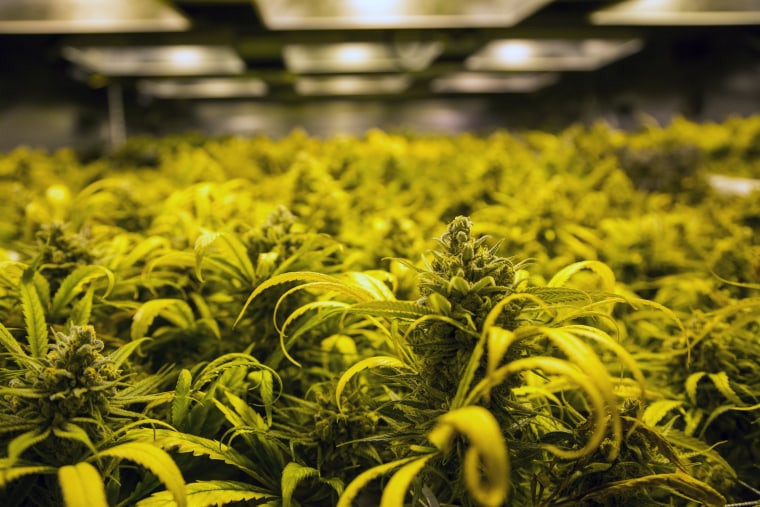
4. I’ve Got Grows... In Different Area Codes
Location is Key. According to the director of the Drug Policy Alliance, Ethan Nadelmann, many states that have legalized marijuana already have disproportionately lower populations of African Americans.
This raises the question of whether or not demographics may change if southern states were to begin legalizing weed. “If for example Georgia, where there is a substantial African American middle class and lots of minority entrepreneurs, was to open up and legalize marijuana, maybe we would see different demographics there,” Nadelmann said.
“It’s going to be a little bit like what we’ve seen historically with alcohol, where different states have very different regulation requirements. There is going to be a great diversity around country when it comes to licensing laws. However, I imagine in some of the southern states, which will likely be the last to adapt cannabis laws, the laws will also be the most restrictive.”
“Do we really want this in our neighborhood?”
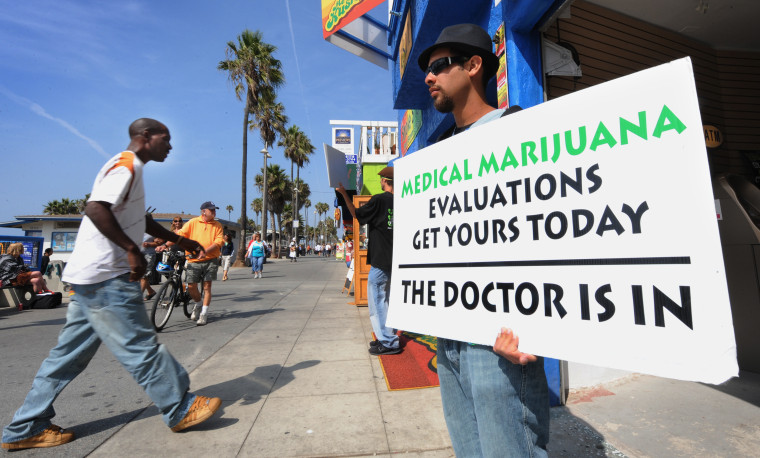
5. Keep Off The Grass
Public Perception. Are black churches and community leaders less likely to support marijuana shops in their neighborhoods?
For a dispensary to succeed and thrive in any neighborhood you have to sell community leaders on the idea. “It could be that many African American business [persons] live in a world where the African American church is still quite strong and maybe there is a concern about not being accepted by the community or letting other people down, maybe there is a cultural resistance,” Nadelmann said.
Bruce Barcott compares opening pot shops in minority neighborhoods to proposing to open more liquor stores. “If you’re going to open a retail store, one thing in any community is you have to go out there and be the face of your enterprise,” Barcott said.
“You have to meet the leaders of the community and say, ‘this is who I am here’s why I am doing this.’ You have to sell them on why this is a positive thing for the neighborhood.”
“There are real legitimate concerns about opening a retail pot shop in a neighborhood that is predominantly people of color because there is such a difficult history of those same neighborhoods being flooded with liquor stores. As a result, you look around and there are church or civic leaders saying, ‘do we really want this in our neighborhood?’”
Dr. Malik Burnett cautions against focusing too much on cultural barriers for African Americans entering the marijuana market.
“I think that’s [the cultural argument] a fact of convenience, I don’t think that it is actually true. I think it is more so other things preventing African Americans from being represented [in the cannabis market] rather than cultural undertones that may exist inside the black community,” he said.
“At the end of the day this is a business just like any other and it should be open to all parties and races and I don’t think that cultural factors play an overwhelming role.”
“African Americans know that whenever something is in a gray area of the law they will feel more vulnerable, and for good reason.”
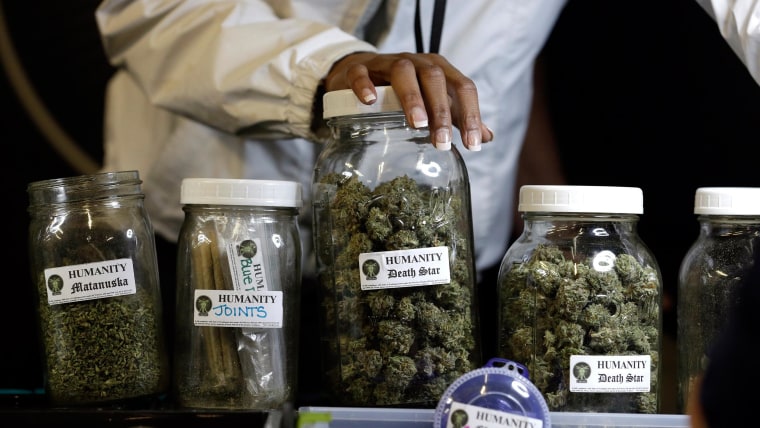
6. Legally Hazy With A Chance of Clouds
A Legal Gray Area. Because black and brown people have historically been more likely to be fined or arrested on drug charges, there may be a hesitation for black entrepreneurs to try to enter the industry.
“If you’re entering the industry right now you are taking a certain amount of risk,” cautioned Barcott. “Since marijuana sales are still illegal under federal law, it can raise questions as to whether or not federal law enforcement agencies are tracking people in states that have legalized marijuana. I don’t know if that is happening, but I am saying it’s a risk in that this is a legal gray area.”
According to Nadelmann, there is also the thought that marijuana has historically been associated with a criminal element, and because of this African American entrepreneurs may be more reluctant to get involved in an industry that still has a taint of criminality associated with it.
“African Americans know that whenever something is in a gray area of the law they will feel more vulnerable, and for good reason since statistically minorities are more likely to be targeted or seen as suspects,” Nadelmann said. “It may be that the general element of racism and racial disproportionality in law enforcement around drugs can make minorities queasy about entering an area which is not fully legal.”
